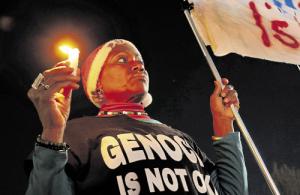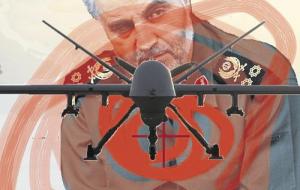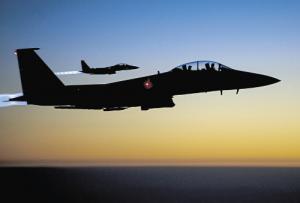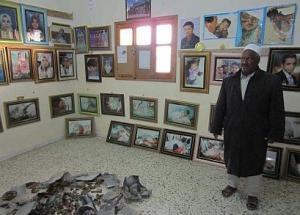On 13 February, South Africa asked the international court of justice (ICJ) to order Israel to stop attacking the southern Gazan city of Rafah, where 1.5 million Palestinians have fled.
The world court refused to impose any new measures, saying that it had already made provisional orders on 26 January for Israel to stop killing civilians and to ‘enable the provision’ of desperately needed aid (PN…






